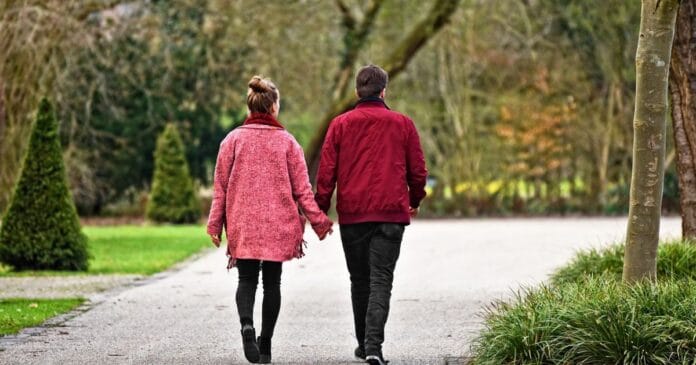Cannabis use has been widely associated with less physical activity, creating a “lazy” stereotype. Some studies indicate otherwise.
In analysis released this month, researchers from Brigham Young University (BYU) used Behavior Risk Factor Surveillance System (BRFSS) data to evaluate the association between cannabis use and physical activity among adults (18 years+) in several US states and territories; covering the period 2016–2022.
The primary dependent variable of the research was based on the question: “Did you participate in physical activity or exercise during the past 30 days apart from your regular job?”. The primary independent variable was based on the question “During the past 30 days, on how many days did you use marijuana or cannabis?”.
Based on yes/no responses, the researchers observed:
- A positive association between current cannabis use and physical activity after adjusting for selected demographic variables.
- Legalization directly corresponded to greater physical activity, particularly with legalized recreational cannabis.
- It’s well established chronic medical conditions significantly lower physical activity, but this negative association was only observed in non-cannabis users. In cannabis users, physical activity wasn’t significantly lower.
While acknowledging a number of limitations of the study, the researchers concluded:
“Public policy and personal health behaviors may improve with the findings that legal medical cannabis promotes greater physical activity in those experiencing chronic medical conditions and legal recreational cannabis promotes (even more so) greater physical activity in those not experiencing chronic medical conditions.”
The study has been published in the Journal of Cannabis Research.
It should be noted that other studies investigating the association between cannabis use and physical activity have indicated mixed results; with various investigations showing increased, relatively unchanged or even reduced physical activity. The BYU study report cites some of these and notes the inconsistent findings in these studies may be due to different types of physical activity involved and differing ways to measure physical activity.
Commenting on the findings of the BYU research, NORML’s Deputy Director Paul Armentano said the conclusions contradict long-standing stereotypes.
“It’s unfortunate that many of these false claims have historically guided public health messaging about cannabis and have also been used to stigmatize and discriminate against those who consume it responsibly.”


